On September 26, the Israel Defense Forces said that Hezbollah Air Force Commander Muhammad Hussein Sarour was killed in an airstrike on the southern outskirts of the Lebanese capital Beirut.
In recent years, Mr. Sarour directed Hezbollah's drone production and established sites in Lebanon for the group to build suicide aircraft, one of which was located under civilian buildings in Beirut, the Israel Defense Forces added.
According to a statement from the Israel Defense Forces, Mr. Sarour joined Hezbollah in the 1980s and held various positions, including in the air defense sector, in the Aziz unit of the Radwan Force and as Hezbollah's attaché in Yemen, where he was involved in the Houthis' air force.
"During periods of conflict, he directed numerous drone attacks against Israel," the Israel Defense Forces said.
Two security sources told Reuters that Sarour was indeed killed in an Israeli airstrike on Beirut. However, they described him as a commander of one of Hezbollah's many air force units. Hezbollah has yet to officially confirm Sarour's death.
An Israeli airstrike on the capital Beirut has killed two people and injured more than 15 others, Lebanon's health ministry said.
This is the third time the Israel Defense Forces have targeted a senior Hezbollah commander in Beirut, a stronghold of the group, in less than a week.
Israel Defense Forces airstrike Hezbollah positions in Lebanon. (Source:SF)
Earlier, on September 20, Israel also carried out an airstrike that killed Hezbollah's top military commander Ibrahim Aqil; the commander of the central training unit Ahmed Wehbe and about ten other commanders of the elite Rudwan Forces. Then, on September 24, Ibrahim Kubisi, the commander of Hezbollah's Rocket Force, was also killed in an airstrike.
Israeli Defense Minister Yoav Gallant has approved "continuous offensive operations by the Israel Defense Forces" against Hezbollah in Lebanon, according to a statement released by the minister's office.
Mr. Gallant met with Israel Defense Forces Chief of Staff Lieutenant General Herzi Halevi, Chief of Operations Major General Oded Basiuk, and Intelligence Chief Major General Shlomi Binder to approve the plans. The four also observed the attack on Mr. Sarour.
After the airstrike, Mr. Halevi said, the Israel Defense Forces must continue to attack Hezbollah, its commanders and weapons throughout Lebanon.
"We need to continue to attack Hezbollah. We have been waiting for this opportunity for many years," Halevi said in a speech provided by the Israel Defense Forces.
“We are continuously working to achieve results, eliminating more senior officials, preventing weapons transfers, (destroying) Hezbollah’s firepower capabilities and hitting this force across Lebanon,” he added.
The confrontation between Israel and Lebanon erupted after the war in the Gaza Strip began last October, when Hezbollah and its allies launched near-daily attacks on the Israel Defense Forces in support of Hamas and other armed factions in the Palestinian enclave.
The Israel Defense Forces stepped up airstrikes against Lebanon earlier this week to levels not seen since the 2006 war.
In response, Hezbollah expanded attacks deep into northern Israel, relying mainly on heavy rockets and suicide drones.
The fighting left 26 Israeli civilians and 22 soldiers dead. On the Lebanese side, nearly 1,900 people were killed, including more than 500 Hezbollah members.
The Hai (According to Aljazeera, Jpost/Photo: REUTERS)
Source: https://www.nguoiduatin.vn/quan-doi-israel-tuyen-bo-chi-huy-khong-quan-cua-hezbollah-da-thiet-mang-204240927122427548.htm



![[Photo] President Luong Cuong attends the National Ceremony to honor Uncle Ho's Good Children](https://vphoto.vietnam.vn/thumb/1200x675/vietnam/resource/IMAGE/2025/5/15/9defa1e6e3e743f59a79f667b0b6b3db)
![[Photo] Close-up of An Phu underpass, which will open to traffic in June](https://vphoto.vietnam.vn/thumb/1200x675/vietnam/resource/IMAGE/2025/5/15/5adb08323ea7482fb64fa1bf55fed112)


![[Photo] In May, lotus flowers bloom in President Ho Chi Minh's hometown](https://vphoto.vietnam.vn/thumb/1200x675/vietnam/resource/IMAGE/2025/5/15/aed19c8fa5ef410ea0099d9ecf34d2ad)
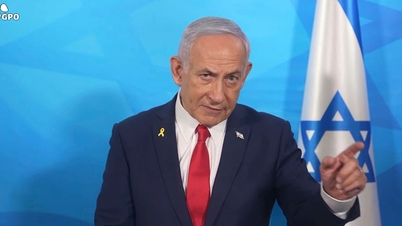

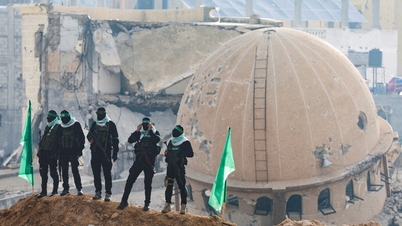

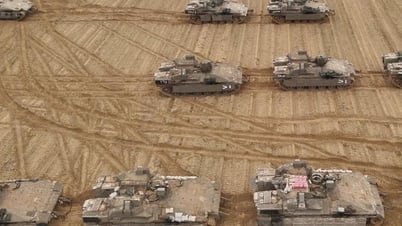

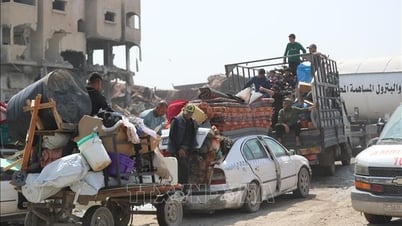

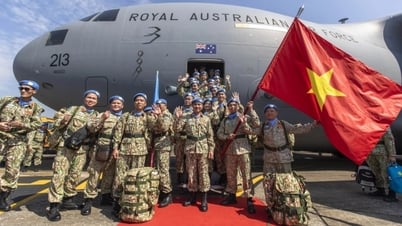



































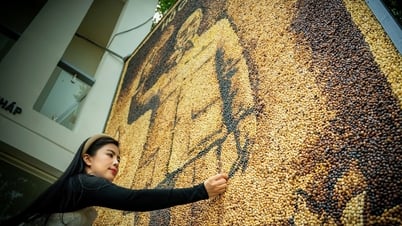





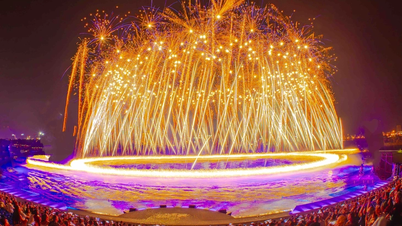







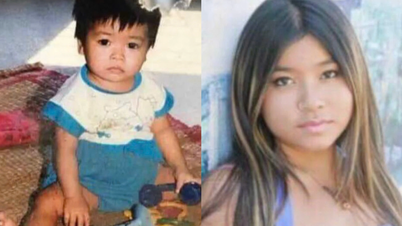
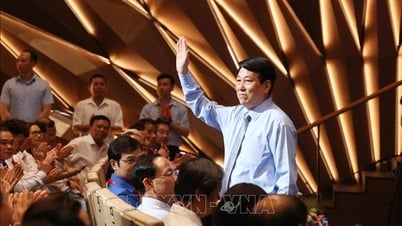
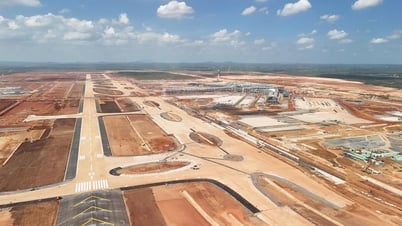


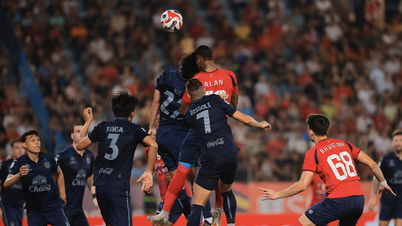





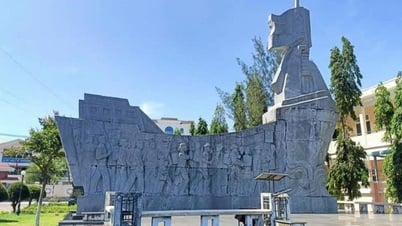

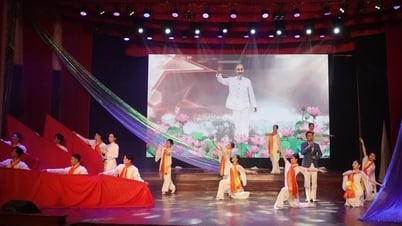





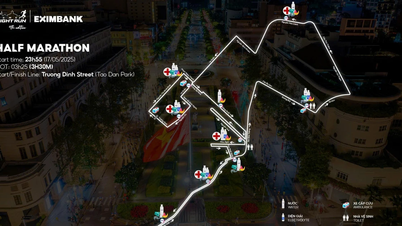

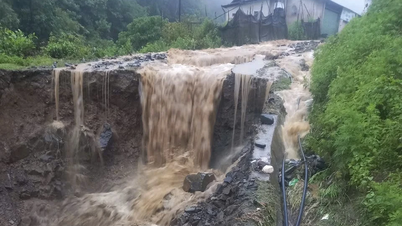
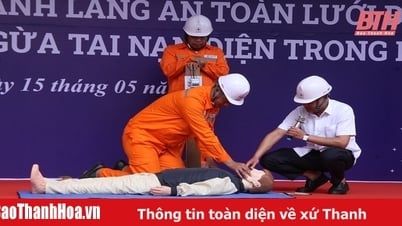

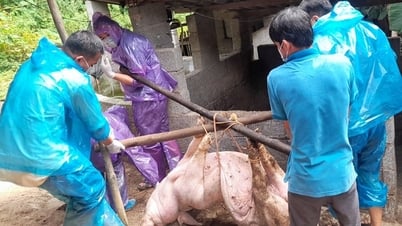













Comment (0)